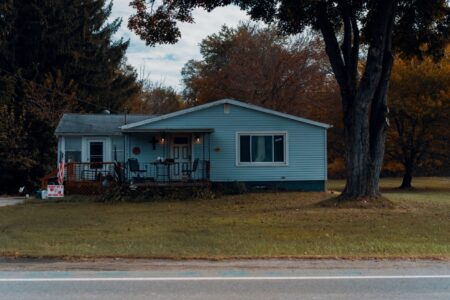
When the Public University Is the Corporate Landlord
This past month, the University of California announced a $4.5 billion investment in the Blackstone Real Estate Investment Trust. By partnering with one of the largest private landlords in the US, the University is directly contributing to and profiting from housing scarcity and tenant disempowerment. It is also betraying its public mission. As students squeeze into overcrowded dorms, or sleep in vans, tents, and closets, the hour has come for the UC to use its massive capacity to help solve the housing crisis, rather than prolong it.




